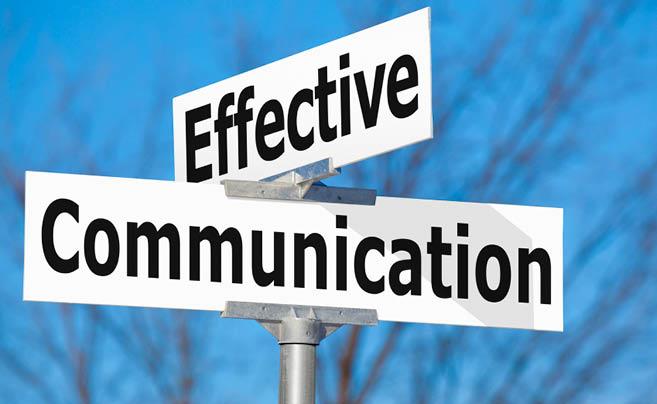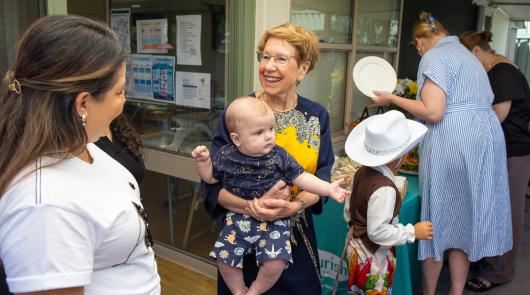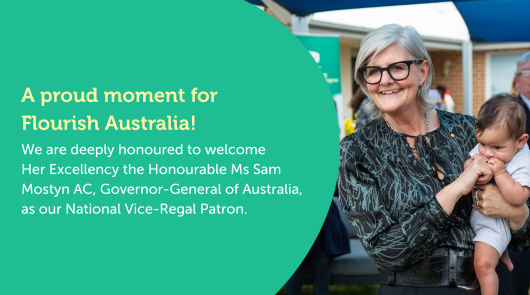
Our words have power and how we use them matters, so it’s important to communicate in a manner appropriate for our setting. What’s okay to say in your living room may not be considered acceptable in your workplace.
For instance, Flourish Australia actively promotes the use of strengths-based language.
This means identifying and focusing on a person’s strengths rather than defining them by their diagnosis or situation. This promotes empowerment, which can have a big impact on a person’s recovery journey by focusing on what they are capable of, rather than reducing them to a label.
Flourish Australia is such a big believer in strengths-based language that it’s upheld as one of our Three Vital Behaviours; a trinity of standards that all staff adhere to.
Strengths-based language also contributes to eliminating stigma surrounding mental health issues by changing the way we describe and perceive people who live with them. Using the right language actively targets the practice of summing someone up in unhelpful and inaccurate ways, by humanising the individual and their struggles. When we choose to use language that gets stigma out of the way, it creates a safe space for people to reach out for support when they need it.
Strengths-based language can be as simple as literally putting the person first in the words you use to describe them. Instead of saying "a homeless person" you would say "a person who is homeless". Instead of labelling someone "a schizophrenic" you would refer to them as "a person living with schizophrenia". Instead of "mentally ill" you would say "experiencing mental health issue" and instead of using the expression "suffering" in relation to mental health issues, you would say "living with".
Language matters.
Red-hot tips to boost your communication skills
- When you need information, open questions are the way to go. This means asking questions that require more than a simple "yes" or "no" answer. For instance, instead of asking, “Have you worked here long?”, you would ask “How long have you been working here?”
- In a situation of conflict, try starting your statements with ‘’I” instead of “you”. Saying “I feel angry” is less confrontational than “You’ve made me angry.”
- Be inclusive. In a group setting, it’s wise to involve everyone in the conversation.
When you notice someone vanishing into the woodwork, find a way to engage them.
For instance, say you are discussing a TAFE course and you know the person has some connection to the topic, invite them into the conversation by asking something like “Hey Joe, didn’t you go to the same TAFE? What course did you study?”
By Grant J Everett, Panorama magazine
Talk to us today
For more information, contact us on 1300 779 270 or make an enquiry now.


